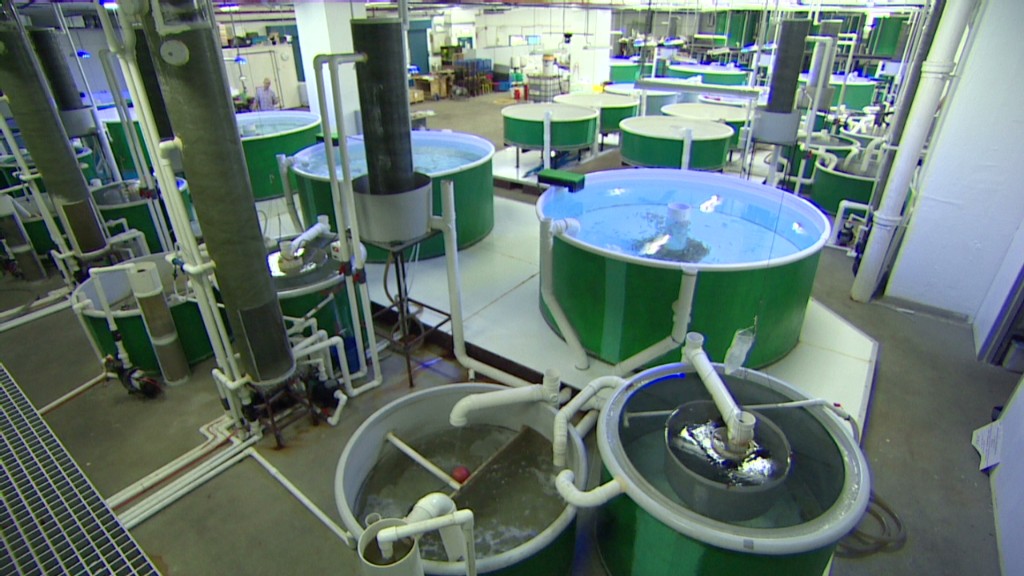
The "wild" salmon you ordered for lunch might be tamer than you think.
A new study from Oceana, an organization that campaigns for change in the oceans, found that 43% of salmon samples it surveyed from restaurants and grocery stores were mislabeled. The group said many of the salmon marketed as "wild" were actually farmed.
Oceana said it found mislabeled salmon in several Virginia cities, Washington D.C., Chicago and New York. The group collected the samples when wild salmon was out of season.
"Americans might love salmon, but as our study reveals, they may be falling victim to a bait and switch," said Oceana Senior Campaign Director Beth Lowell in a statement.
"This type of seafood fraud can have serious ecological and economic consequences," she said. "Not only are consumers getting ripped off, but responsible U.S. fishermen are being cheated when fraudulent products lower the price for their hard-won catch."
Grocery shoppers hungry for salmon may fair better in getting the genuine article. The report indicates those visiting restaurants are three times more likely to be tricked.
To avoid getting ripped off, it's best to shop at a large grocery, Oceana said.
"Consumers are most likely to get what they pay for if purchasing salmon at a large grocery store, as opposed to a small market. Selections called 'wild salmon' purchased at a restaurant, especially in the winter, are more likely to be mislabeled," the report said.
The organization said it considered a sample mislabeled if it was described as wild, Alaskan or Pacific, but that DNA testing indicated it was farmed Atlantic fish. Samples were also considered mislabeled if the species of fish was incorrect.
Gavin Gibbons, a spokesman for the trade group National Fisheries Institute, told The New York Times the study was incomplete because it did not identify where in the supply chain problems occurred.
"We're not talking about the crime of the century," he said. "They're only doing half an investigation at best and proclaiming it complete."
